Volkswagen's return to motorsport running an electric car at next year’s Pikes Peak International Hillclimb might seem like an odd move – but it’s actually an inspired one.
For the uninitiated, the annual event is held every July on a 12.42-mile, 156-turn course that winds up the Colorado mountain. The course averages a gradient of 7.2% and features 4720ft of climbing, finishing at the 14,110ft summit of the mountain.
Volkswagen confirms Pikes Peak entry for 2018
First run in 1916, Pikes Peak has a rich history, but while there have been occasional manufacturer entries, it’s largely the preserve of privateers and enthusiastic amateurs. So why is Volkswagen going to the effort of creating an electric competition specifically for a somewhat niche one-off hillclimb? Wouldn't the firm be better off joining the massed ranks of manufacturers (including rivals Mercedes and BMW) joining Formula E? But here's the thing: Pikes Peak can do something for electric cars that Formula E can't: allow them to compete against combustion engine-powered rivals on a level playing field. In fact, they might even have an advantage.
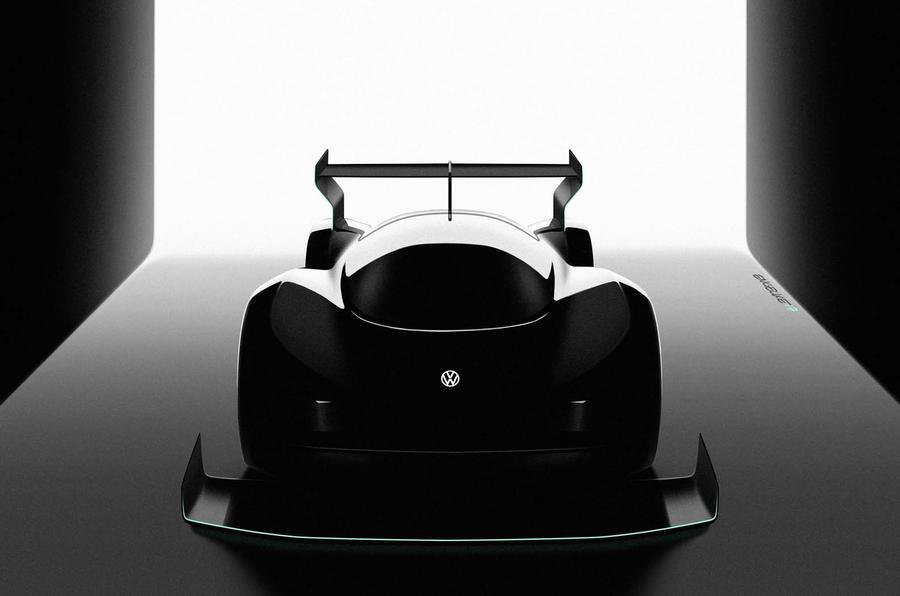
The single-run event format and course length means that battery life isn’t an issue for an EV, and the instant torque provided by electric motors will help given the many hairpins on the route place a premium on rapid acceleration. Plus, while naturally aspirated engines lose power when the air gets thinner at higher altitude, that isn’t a problem for an electric vehicle.


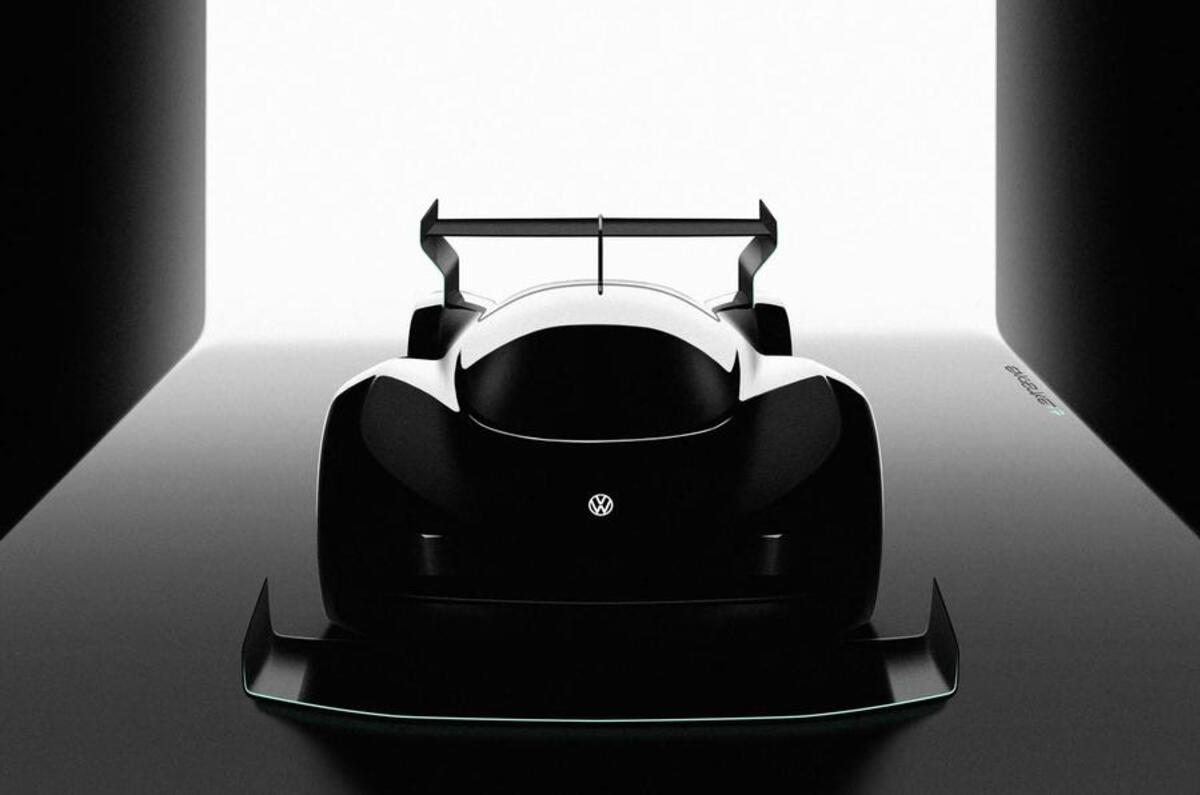

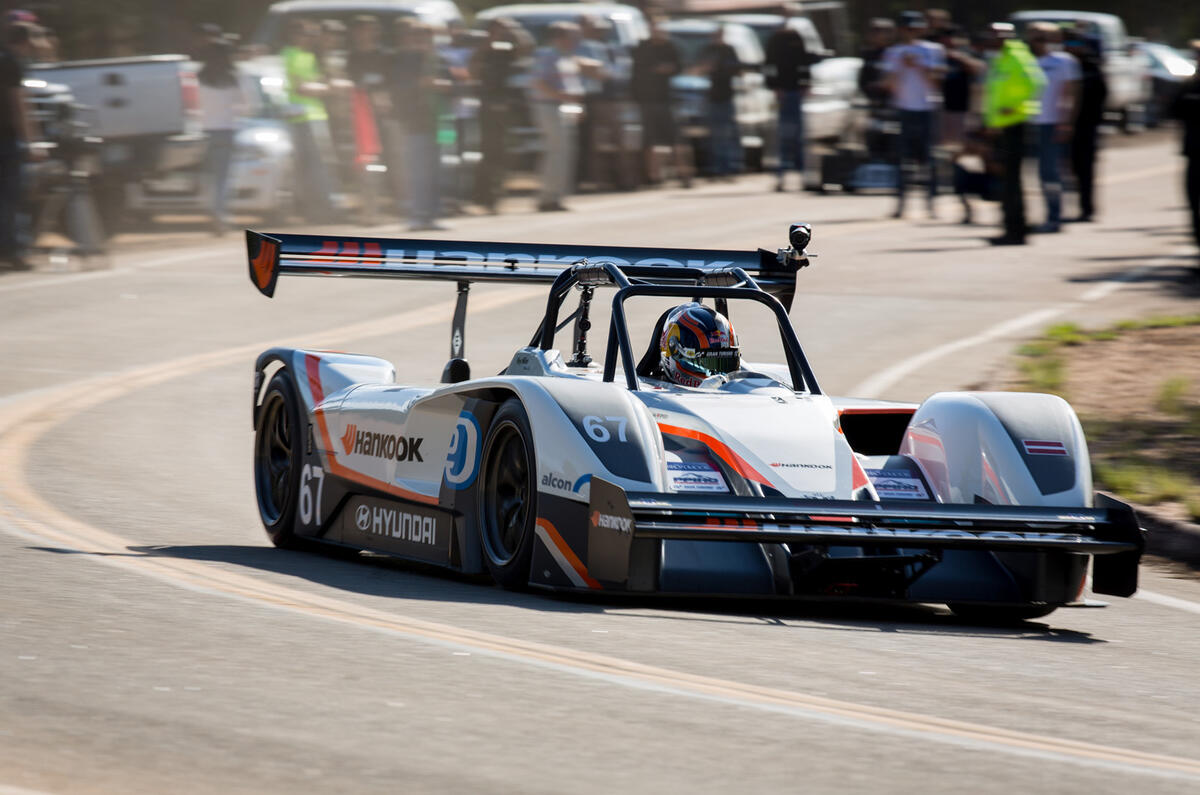



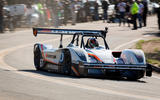

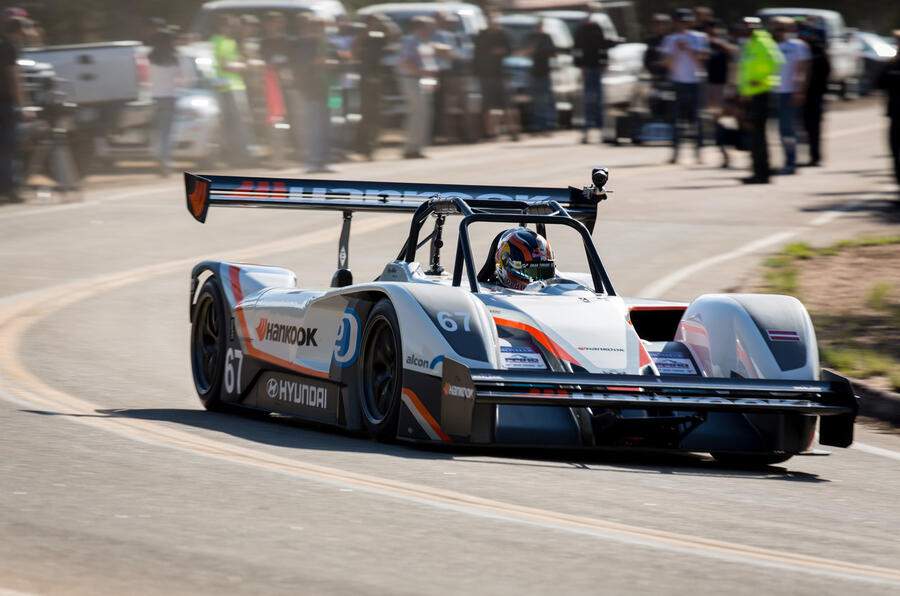







Join the debate
Add your comment
Correction
Ignore the last part of my comment, my arithmetic war wrong. I realise that a Tesla could actually run for nearly 200 miles at 100mph, but other models would get nowhere near...
You're right!
VW has already had its money's worth just for entering this event and the cost of building the car amounts to peanuts. And if it fails, then there will be little adverse publicity because this event isn't widely watched. (Not like every time a Honda F1 engine blows up, it does so in front of a multi hundred million global audience!).
The only snag is that it doesn't advance the game. Everyone knows that electric cars can be very fast for a short while. But fankly I'd be more impressed if VW built an EV that could travel 100 miles in one hour on a flat straight road: that's something which I doubt any current electric car is capable of right now, whereas virtually any combusion engine car could achieve it easily.